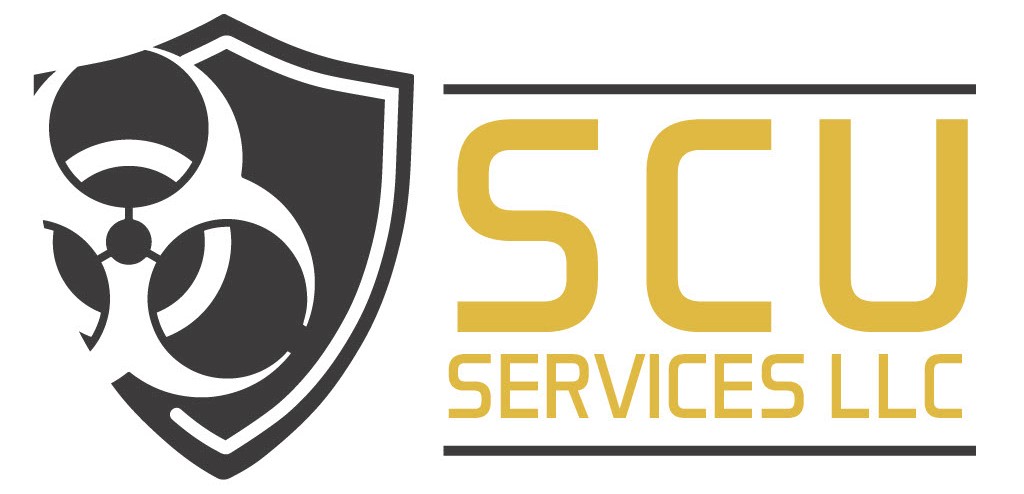Dealing with a biohazard claim can be a challenging and an overwhelming experience.
For one, you are dealing with the grief of losing a loved one. On top of that, you are bombarded with all the details of arranging a funeral, calling friends and family, going through the home looking for important paperwork, and potentially trying to close out an estate.
The reality is that no one is ever adequately prepared to handle the loss of a loved one unless they have gone through this before.
Here are some tips to help you navigate the claims process:
1. Look for Homeowners or Auto Insurance Paperwork
- This will have the policy number of the deceased (or the owner) in which a claim can accurately be filed. A great biohazard company will be able to walk you through this process and may even call for you. Within 24 hours, an adjuster should notify you with the claim number and give you any information needed to get updates on the claim.
Important Note:
In talking with the adjuster, you will need to find out how much the deductible is and if the biohazard is covered in the policy. If the insurance agent informs you that biohazard is not covered, it is important that you ask for the full policy so that you can read it yourself.
If you need help, you can contact a local attorney you trust or a public insurance adjuster who specializes in working with insurances on your behalf.
2. Work with a Professional Biohazard Cleanup Service
- Insurance providers often require work to be performed by licensed and certified professionals. Hiring a reputable biohazard cleanup service not only ensures proper remediation but also facilitates a smoother claims process. With an insurance release form filled out, they are able to communicate on your behalf and send in pertinent information relating to the claim.
3. Communication is Key
- Maintain open communication with your insurance adjuster throughout the process. A standard homeowners policy not only covers the cost of the biohazard cleaners, it should also cover the cost of any personal property that was damaged, and the cost to renovate the affected area to its original condition.
4. Review Your Policy
- Understand the terms and conditions of your insurance policy. Be aware of any limitations, deductibles, or exclusions related to biohazard incidents. This knowledge will help you manage expectations during the claims process.
Seeking Additional Assistance
If the biohazard incident involves criminal activities or other legal complexities, consider seeking legal advice. An attorney or public adjuster with expertise in insurance claims and biohazard situations can provide valuable guidance and ensure your rights are protected.
Conclusion
Dealing with the death of a loved one and a biohazard incident is undoubtedly a challenging experience. At SCU Services, we specialize in insurance claims and educating our customers throughout the whole process of the claim. Ask questions and seek help throughout the process as you don’t have to be alone through it all.
Interested in learning more about paying for biohazard cleanup? Check out our blog Who Foots the Bill For Death and Trauma Cleanup: Understanding the Costs and Coverage!
